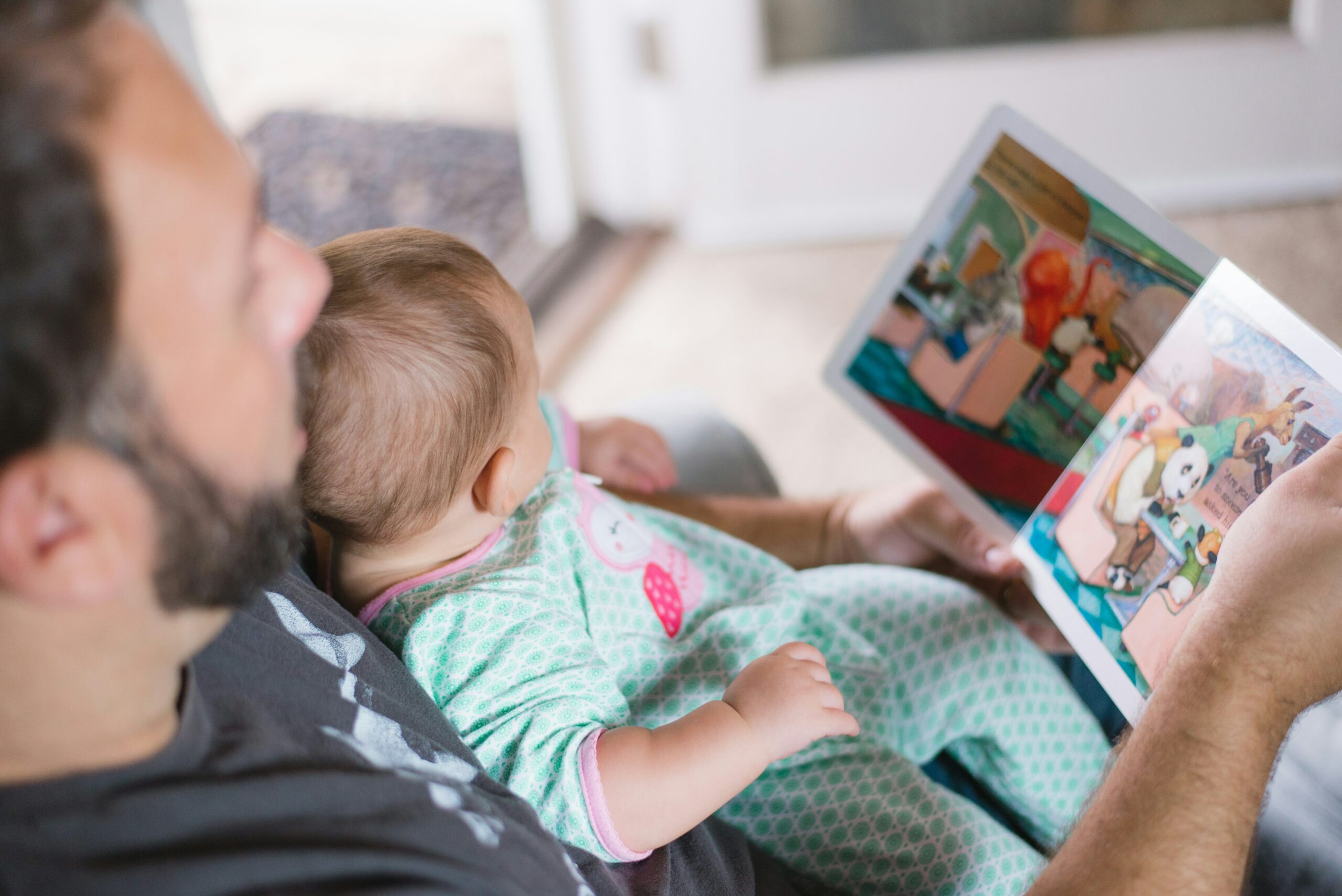28 Nov 2022
The resilient children of the COVID-19 pandemic
Schools, families, the community – everyone is facing challenges in 2020, of different shapes and sizes.
But when it comes to children, we need to remember how resilient they can be, and let them know that at the moment… it’s ok to feel uncomfortable.
Uncertainty about the future
The world has undergone a dramatic change, one that we are still learning to cope with, and it is absolutely completely normal to be out of sorts right now.
Our experience, however, is that children are coping very well. They are resilient and they are adapting to the changes that have been put in place.
Fuelling anxiety
Experience tells us that it is not helpful to talk about the changes in a negative way. The media is full of stories about increases in mental health problems – and whilst this is true for some, it is not for all, and if this expectation is pushed on us, it becomes our narrative and we might just end up talking ourselves into poorer mental health.
Of course, there are children who will have been directly affected and will need a lot of support at this time, but the most important thing for us to do is to be positive and realistic, and not catastrophize.
The British Psychological Society
The guidance from The British Psychological Society reminds us that transitions are part of natural human development and present opportunities for both personal growth and huge challenges as we adapt to them.
It also states that the lack of definitive evidence on the risk of transmission of COVID-19 from children to the wider community has created some anxiety for children, families, schools, and communities – and differing national policies have created confusion.
School support
But our schools have done everything they can to put in processes to support social distancing and reduce the transmission of infection – reassurance for young people that those around them are supporting them… and making it ok, no matter how different it may be.
Life for our families needs to be as normal as possible. A change of routine is always hard, and these are big changes, but we all need to be resilient – and have confidence that our young people can adapt.
Related posts

5 Mar, 2024
Why can’t I focus?

24 Feb, 2024
How hyper is normal? ADHD vs High Energy

5 Feb, 2024
Eye contact in adults with autism

11 Jan, 2024